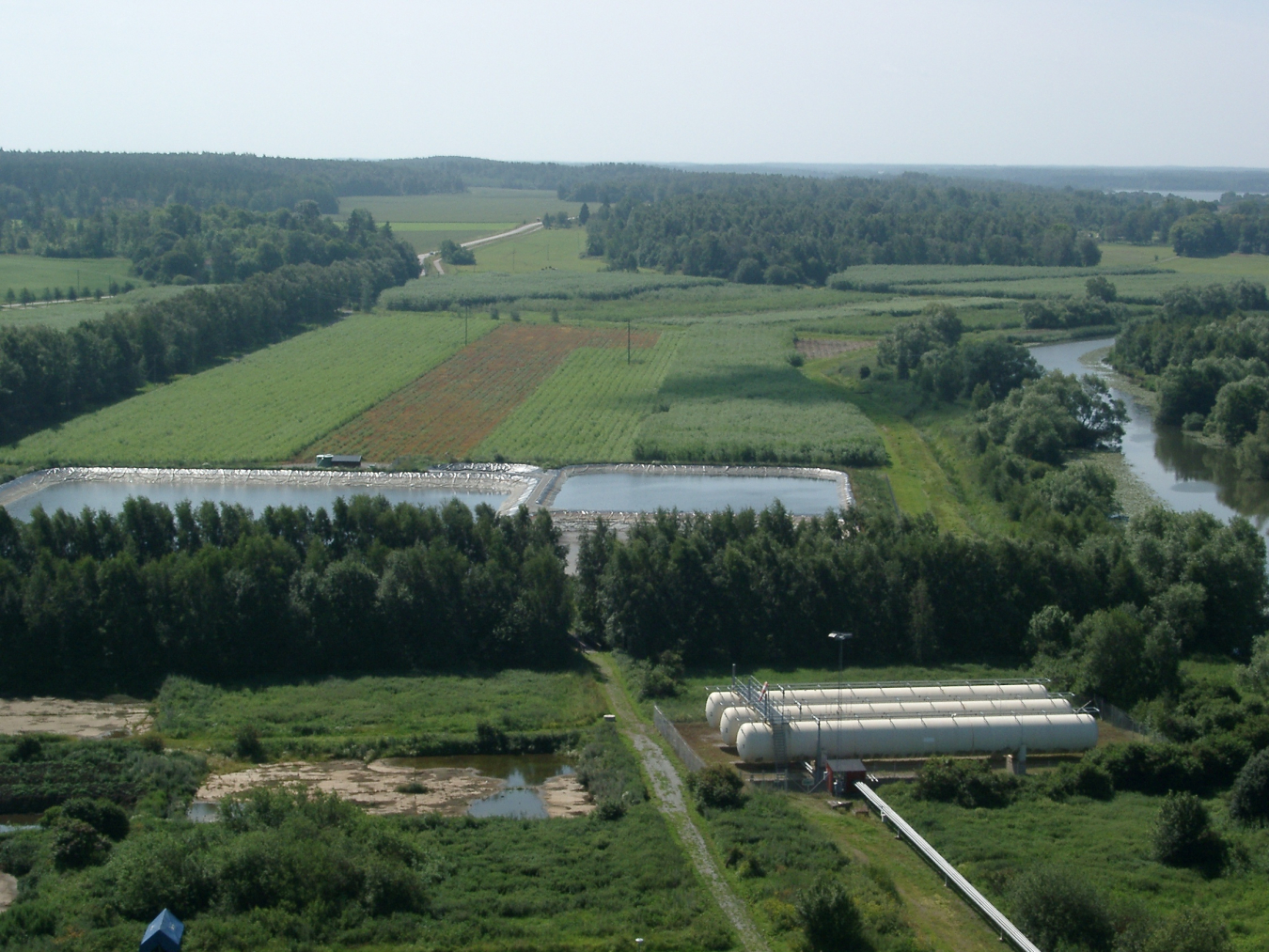According to an international report on bioenergy and land use, informed management of bioenergy crops can actually alleviate factors contributing ...
May 4, 2015Agave sisilana growing in East Africa. Image courtesy of Jeff Cameron.

Willow to the rescue - combining bioenergy with waste treatment. Image courtesy of Par Aronsson.
According to an international report on bioenergy and land use, informed management of bioenergy crops can actually alleviate factors contributing to food insecurity, as well as provide practical avenues to significantly reduce emissions, promote renewable energy production, and preserve biodiversity. The Scientific Committee on Problems of the Environment (SCOPE), an international nongovernmental organization, published the SCOPE Bioenergy and Sustainability Report, titled Bioenergy and Sustainability: Bridging the Gaps, in April 2015. The Bioenergy Technologies Office (BETO) funded the work of several national laboratory researchers who contributed to the report.
The 21-chapter report examines global agricultural trends and concludes that land availability is not a limiting factor in the expansion of bio-based fuels and products. It features detailed analysis demonstrating how energy crops can be used to improve soil conditions, restore productivity to currently marginalized lands, and expand economic opportunities for agricultural workers. Such findings have significant implications for the growing bioenergy industry, as the study addresses misunderstandings that bioenergy crops inherently compete with food production and worsen food scarcity in certain parts of the world.
Led by researchers from the Sao Paulo Research Foundation, the SCOPE report is the collective effort of 137 experts from 82 institutions and 24 countries to document and analyze impacts, benefits, and constraints related to the global expansion of bioenergy. Contributors include several BETO-funded scientists from Argonne National Laboratory, the National Renewable Energy Laboratory, and Oak Ridge National Laboratory.
SCOPE used peer-reviewed data and scientific evidence from more than 2,000 sources to evaluate how expanding bioenergy production and use affects energy security, food security, environmental and climate security, development, and innovation. The report identifies opportunities for bioenergy crops and technologies to improve agricultural productivity and environmental health, and provides a vision for reducing poverty and reliance on dwindling fossil resources.
BETO funding supports researchers from national laboratories, universities, industry, and non-profit organizations who contribute to peer-reviewed scientific studies such as the SCOPE Bioenergy and Sustainability Report. Learn more about how BETO supports the development of a renewable bioenergy industry.

